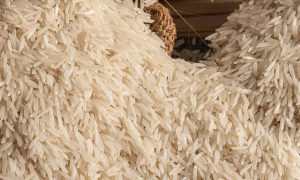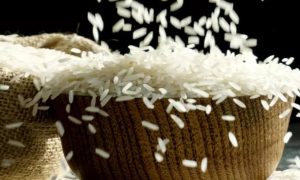India, Japan join hands to develop urea-efficient wheat varieties

India and Japan are collaborating to develop wheat varieties using Biological Nitrification Inhibition (BNI) technology. BNI reduces urea dependency, greenhouse gas emissions, and water pollution while improving soil fertility and nitrogen use efficiency. This initiative, involving ICAR, IIWBR, and JIRCAS, promises a 15-20% reduction in urea use, ensuring sustainable agriculture without compromising wheat yield or quality.
In a significant move towards sustainable agriculture, Indian and Japanese institutions are collaborating to develop India’s first wheat varieties utilising Biological Nitrification Inhibition (BNI) technology. These varieties aim to reduce urea dependency, addressing challenges like environmental sustainability, agricultural productivity and the financial strain of urea subsidies.
The project is a joint effort by the ICAR-Central Soil Salinity Research Institute (CSSRI), Indian Institute of Wheat and Barley Research (IIWBR), Indian Agricultural Research Institute (IARI) and Borlaug Institute for South Asia (BISA), in collaboration with the Japan International Research Centre for Agricultural Sciences (JIRCAS). The Japan International Cooperation Agency (JICA) funds the initiative.
In early December, a delegation led by Dr TR Sharma, Deputy Director General (Crop Sciences), ICAR, visited JIRCAS to assess progress. “Initial results from lab and field trials are promising,” said Dr RK Yadav, Director, ICAR-CSSRI. “We are hopeful of soon introducing a wheat variety that requires less urea, significantly reducing the nation’s dependency.”
Dr Ajay Kumar Bhardwaj, Principal Scientist at CSSRI, emphasised BNI’s transformative potential. “This technology can reduce nitrogen fertiliser demand without compromising yield or quality, leading to sustainable agricultural practices. It also minimises nitrogen leaching into groundwater, preserving soil fertility and water resources,” he said.
Dr CN Mishra, senior scientist, IIWBR, said initial experiments showed a 15-20% reduction in urea usage without affecting yield or quality. “The breeding strategy for developing BNI-enabled wheat varieties is well on track,” he added.
To read more about Wheat News continue reading Agriinsite.com
Source : The Tribune

















